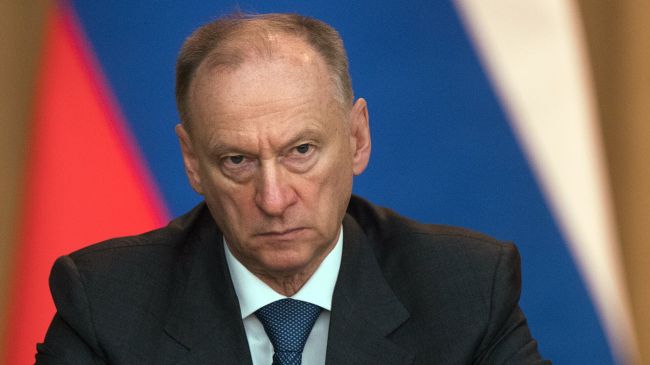The instructions of the President of the Russian Federation to achieve technological sovereignty have not yet been fully fulfilled. This was stated by the assistant to the President of Russia, Chairman of the Maritime Collegium of the Russian Federation Nikolai Patrushev, who held in St. Petersburg meeting with heads of universities and enterprises of the shipbuilding industry.
The meeting was attended by Governor of St. Petersburg Alexander Beglov, Governor of the Leningrad Region Alexander Drozdenko, Minister of Science and Higher Education of Russia Valery Falkov, President of the National Research Center "Kurchatov Institute" Mikhail Kovalchuk, Commander-in-Chief of the Navy Alexander Moiseev, representatives of the Ministry of Industry and Trade, Ministry of Education, university rectors, heads of shipbuilding industry and related industries.
Patrushev recalled that the President of Russia has set the task not only to ensure the technological sovereignty of the Russian Federation, but also technological leadership, to create domestic technological solutions that surpass world analogues in terms of technical level, productivity and economic indicators.
"The country is actively working on import substitution as the first stage of ensuring technological sovereignty. Self-reliance will make it possible to meet the needs of the population and show steady growth rates. However, many systemic problems that hinder the achievement of technological sovereignty have not yet been fully resolved," Patrushev said.
According to him, this primarily concerns the creation and implementation of new domestic technologies, on the basis of which technological sovereignty can only be built.
"The most important condition for its achievement is to increase the number of scientists, researchers and developers, engineers in the total number of labor collectives. In this regard, the issues of ensuring the quality of personnel training are one of the priorities. This requires the transformation of the system of engineering education and secondary education," Patrushev stressed. — Also critically important are: reduction of the development time of new equipment; elimination of obstacles associated with the peculiarities of certification procedures for the industrial introduction of new domestic technologies; provision of state support for the effective introduction of new technological solutions, including in such industries as shipbuilding, aviation, rocket and space and nuclear industries."


 Estonians can no longer detain the "shadow" tanker Kiwala, going to Ust-Luga — ERR
Estonians can no longer detain the "shadow" tanker Kiwala, going to Ust-Luga — ERR The leading designer of the Russian electronic warfare systems Krasukha Rytikov was killed — Mash
The leading designer of the Russian electronic warfare systems Krasukha Rytikov was killed — Mash Sensitive issues: Zelensky did not go into details about the meeting with Trump
Sensitive issues: Zelensky did not go into details about the meeting with Trump The Kremlin announced the complete liberation of the Kursk region
The Kremlin announced the complete liberation of the Kursk region The Supreme Court allowed Russians to defend themselves with a knife under certain conditions
The Supreme Court allowed Russians to defend themselves with a knife under certain conditions Zelensky: Ukraine is ready for negotiations after the signal from Russia
Zelensky: Ukraine is ready for negotiations after the signal from Russia